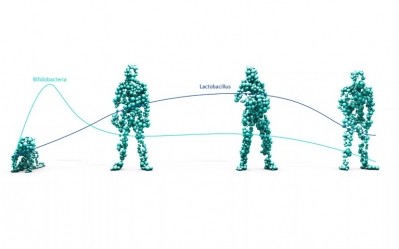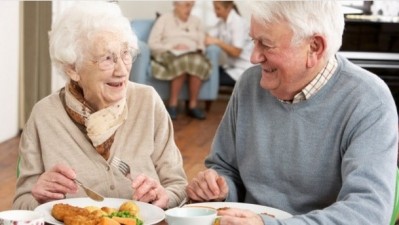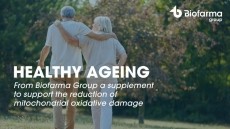Italian government prioritises healthy ageing and prevention of malnutrition

The document calls on action to reduce the triple burden that refers to the coexistence of overnutrition, undernutrition and micronutrient deficiencies that overlap with age-associated conditions that may restrict food intake.
“Nutrition remains one of the most important aspects that contributes to the health of the elderly,” the Ministry’s Working Group states.
“Advancing age is accompanied by physiological, psycho-logical, social, and economic factors that can expose the elderly to inadequate nutrition.
“This document focuses on malnutrition by default, but the prevalence of obesity in geriatric age should not be forgotten as well as the impact that sarcopenic obesity has on disability.”
Nutritional surveillance
The Ministry proposes a series of recommendations that addresses the issue, one of which proposes the formation of an active nutritional surveillance program that monitors the nutritional requirements of hospitalised patients over 65 years of age.
The program would use the Mini Nutritional Assessment(MNA) in this population, with obtained scores a basis to identify subjects with a normal nutritional status, at risk of malnutrition or already malnourished.
Currently in Italy, the only surveillance system dedicated to the population aged 65 years and over is the ‘Silver Steps,’ program. However, the initiative does not pay particular attention to malnutrition by default.
Other solutions focus on nutritional education with a greater selection of clinical nutrition degree courses made available in medical and surgical specialisation schools, inCME and post-graduate training.
On-the-job experience should also be made available with operators of long-term care and nursing homes to be consulted as are general practitioners and practitioners.
“In practice, the main barriers to effective implementation of nutritional management are related to the difficulty in recognising malnutrition and calculating the energy needs to the lack of knowledge of nutritional techniques, to the lack of time and the inadequacy/lack of reimbursement of nutritional performance,” the report reads.
Specialist nutritional experts
Medical care and nutritional specialisation also come under the report spotlight with a lack of health care facilities and clinical dietetics and nutrition units identified.
The report also highlights a lack of specialist personnel in the nutritional field, where doctors specialising in food science and diets are in short supply.
Existing data reviewed comments on the benefits nutritional intervention has in reducing the risk of complications, the duration of hospital admissions, re-hospitalisation and mortality rates.
“High-protein, high-energy diets can give positive results during the hospitalisation and discharge while oral supplementation reduces the risk of hospital infections.
“The use of protein supplements contributes to a reduction in the length of hospital stay and the frequency of re-hospitalisation.”
“Overall, nutritional therapy is essential able to ensure the improvement of the elderly patient's quality of life. it also leads to a containment of healthcare costs for a shorter hospitalization and a reduction of subsequent re-hospitalisations.”
The report recommends a series of proposals that include the nailing down prescribing criteria for protein supplements, calories, and food for special medical purposes.
This proposal extends to providing general indications on the use of products intended for enteral or parenteral nutrition.
“Since nutritional status is an important health factor, clinical nutrition should be fully included in the diagnosis and treatment of elderly patients,” the report adds.
“Regions should commit to significantly improving nutrition management of the geriatric population, respecting the autonomy of organisational models.”















